Death of England: Delroy is a companion piece to Death of England, which ran in February at the NT and examined the white working classes. Here the focus is on a successful black Briton, Delroy, who votes Tory and feels at home in multicultural society. The charismatic Michael Balogun plays him as a complex, shrewd and humane figure. He likes to mock white people who judge others according to superficialities like accent and pronunciation. And he recalls his horrified excitement when a white girl at school calmly placed her finger inside his boxer shorts. Delroy has plenty of white pals including his girlfriend, Carly, who is expecting their child. The only antisocial voice in his life belongs to his mother, a Jamaican bigot, who objects to Carly’s ethnicity. ‘She can’t cook jerk chicken,’ she crows. But Delroy finds her insult amusing. ‘She slammed that down like a winning domino and kissed her teeth so loudly I thought the glass she was holding would break.’
Things go disastrously wrong when Delroy makes a bad decision on the Tube. Mistaken for a fare dodger, he fails to explain to the police that he’s a law-abiding taxpayer. Instead he curses and screams at them. This arouses their suspicions. ‘Swear at me one more time and you’re coming with us,’ says a senior officer. At this point, Delroy’s fate is in his hands. But he carries on swearing and is duly arrested. In court he doubles his problems by hurling abuse at the judge, and he ends up with an ankle tag and a criminal record. From here, he turns into a Britain-bashing anarchist.
Delroy’s transformation from self-respecting Tory voter to paranoid Marxist loon is hardly credible but it gives the writers, Clint Dyer and Roy Williams, plenty of opportunities for lame political invective and naughty swear words. This is a play about privilege and responsibility, and it’s highly revealing. Delroy believes his rights as a citizen include the liberty to scream and swear at the cops. If this privilege is withheld he feels entitled to throw a toddler tantrum and waste his energy ranting about oppression. He refuses to see that he’s a victim of his own folly. ‘The English,’ he announces, ‘will bag any excuse to revise history and turn on the self-righteous tap.’ He describes the Windrush scandal as ‘a plan you hatched to rid yourselves of us’. And he reveals, somewhat improbably, that he voted for Brexit in the hope that it might accelerate the UK’s collapse.
The Brexit section is politically illiterate and artistically harmful because it extends the play needlessly and takes the focus away from the theme of black British identity. By the end, Delroy’s hissy fit has spiralled into full-blown insanity. ‘RIP England!’ he yells. ‘You can take yer songs and anthems and shove ’em up yer shithole.’ While he bellows these unimaginative insults, a recording of ‘Rule Britannia’ is played on the soundtrack and ritually vandalised.
It’s odd that the National has chosen to stage this naive political pantomime. The far right would love it. First, it perpetuates the harmful myth of the ‘angry black man’. Secondly, it frames the future as a violent revolt against civil society. Extremists on both sides hunger for such an outcome. Luckily, however, this brilliantly acted and visually impressive piece of anti-black propaganda is now muted. Thank god for lockdown.
The American director Christopher McElroen has filmed a reconstruction of the famous Cambridge Union debate in 1965 between the novelist James Baldwin and the conservative thinker William F. Buckley Jr. The motion, ‘The American Dream has been achieved at the expense of the American Negro’, was won by 380 votes.
In this version, Baldwin is played by Teagle F. Bougere, who captures Baldwin’s thoughtful and meticulous rhetoric. Unlike Martin Luther King, who practically sang his speeches, Baldwin appealed to reason and logic. He argues that the wealth of the American south was created ‘by my labour, my sweat, the violation of my women and the murder of my children… I picked the cotton. I built the railroad, under someone else’s whip, for nothing.’ He reaches into the minds of violent policemen in search of understanding. ‘Something awful must have happened to a human being for him to be able to put a cattle prod against a woman’s breast.’ Eric T. Miller, as Buckley, offers us a warmer and more amiable figure than the original. And he doesn’t imitate Buckley’s aggressive body language, hands on hips, elbows far apart, like a threatened animal puffing itself up. Buckley’s best argument is that Baldwin is not oppressed but enjoys the ‘unction’ and flattery of white society. The debate itself proves his point. All that’s missing from McElroen’s film is the prickly, unsettling atmosphere of the event itself. Both versions — available on YouTube — are riveting.
Got something to add? Join the discussion and comment below.
Get 10 issues for just $10
Subscribe to The Spectator Australia today for the next 10 magazine issues, plus full online access, for just $10.
You might disagree with half of it, but you’ll enjoy reading all of it. Try your first month for free, then just $2 a week for the remainder of your first year.

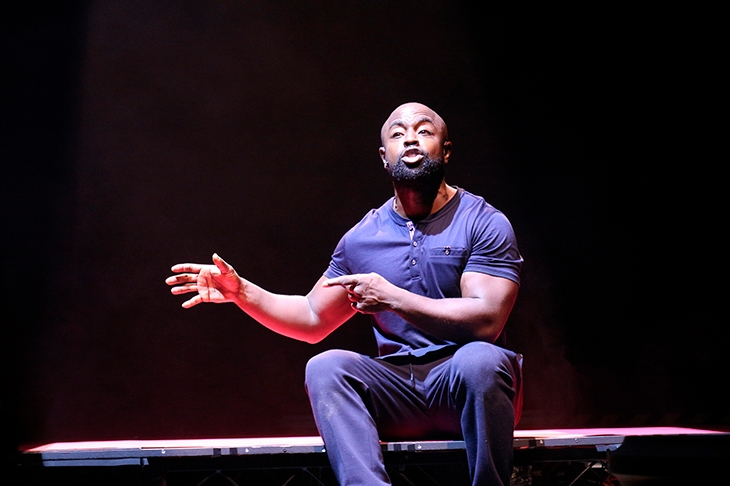

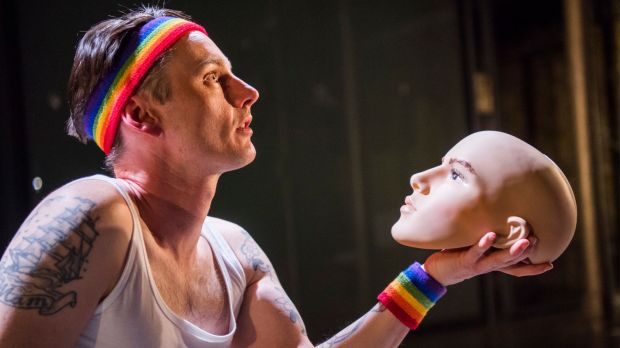
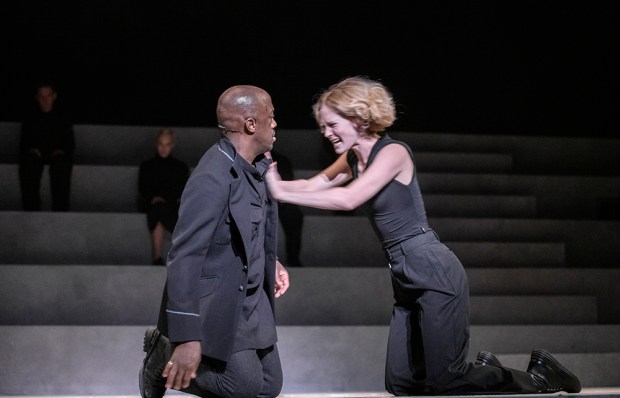
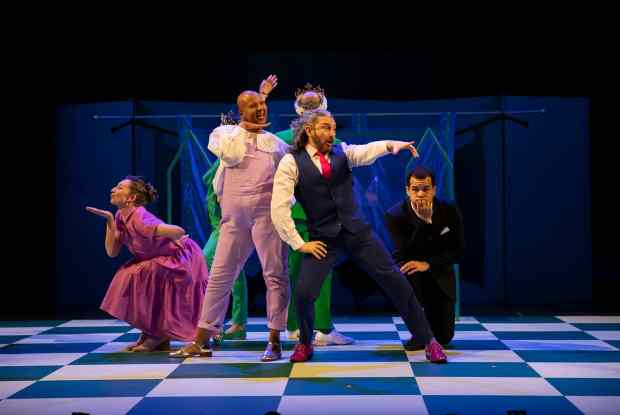

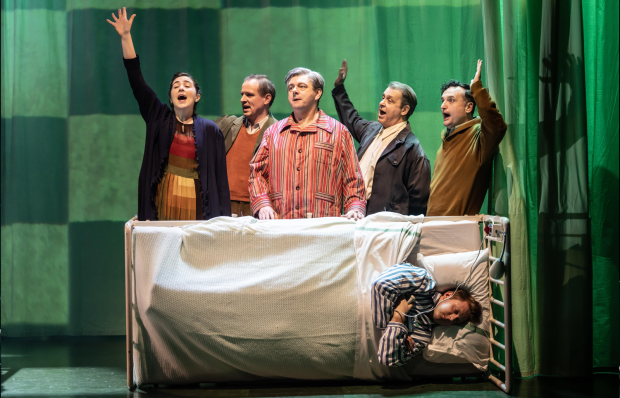






Comments
Don't miss out
Join the conversation with other Spectator Australia readers. Subscribe to leave a comment.
SUBSCRIBEAlready a subscriber? Log in